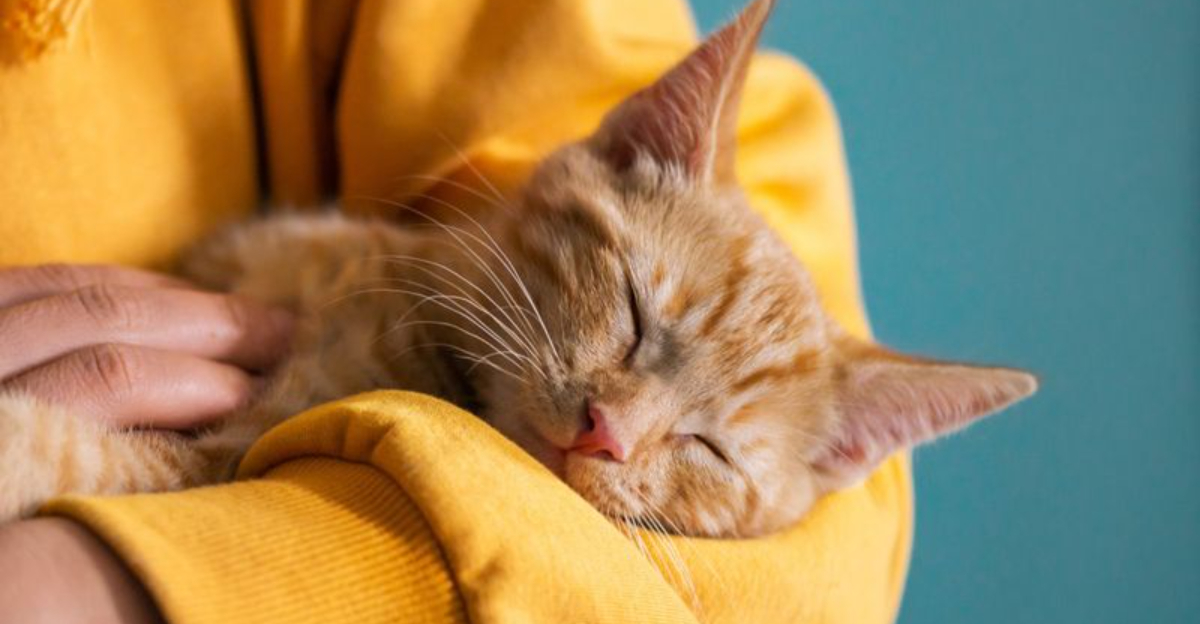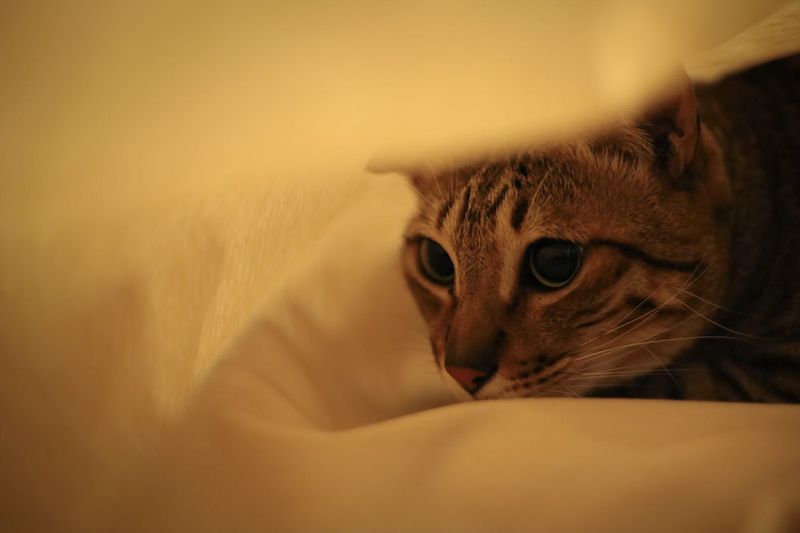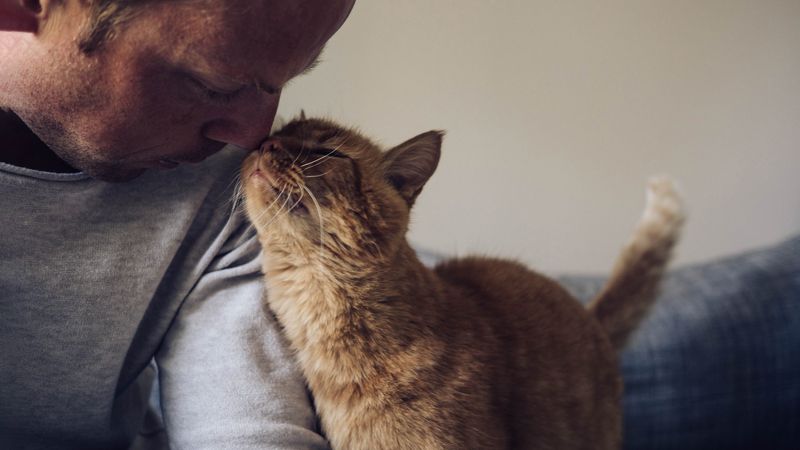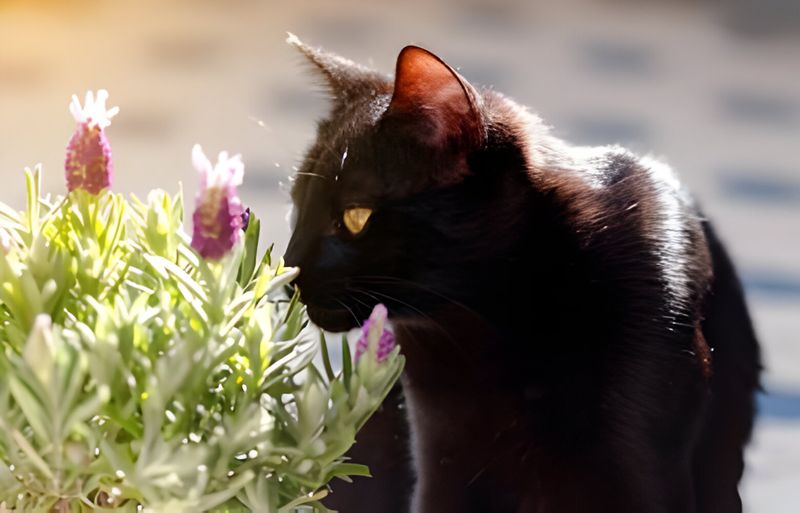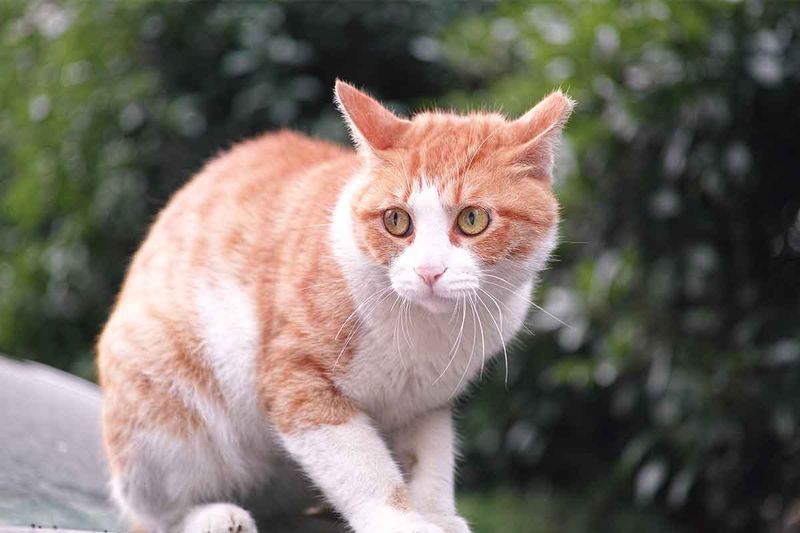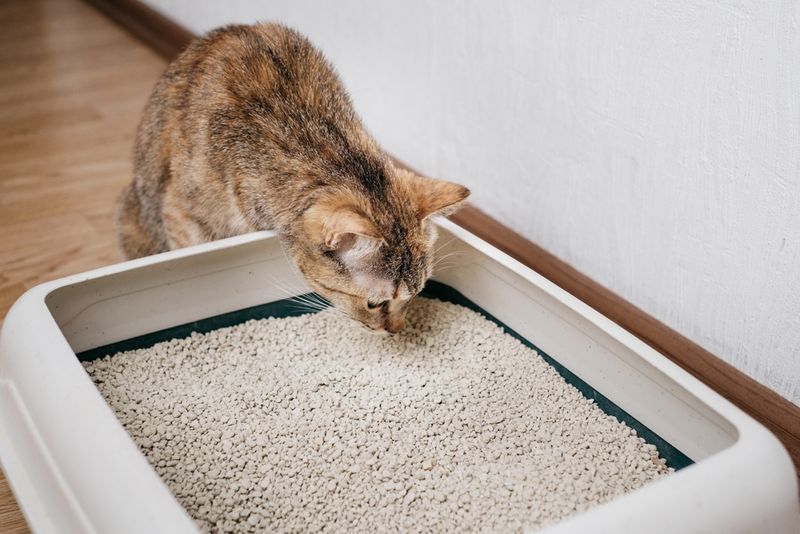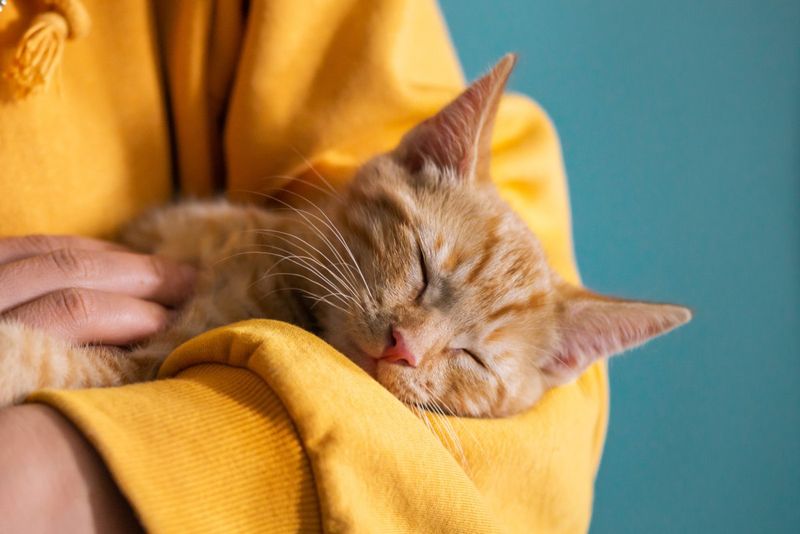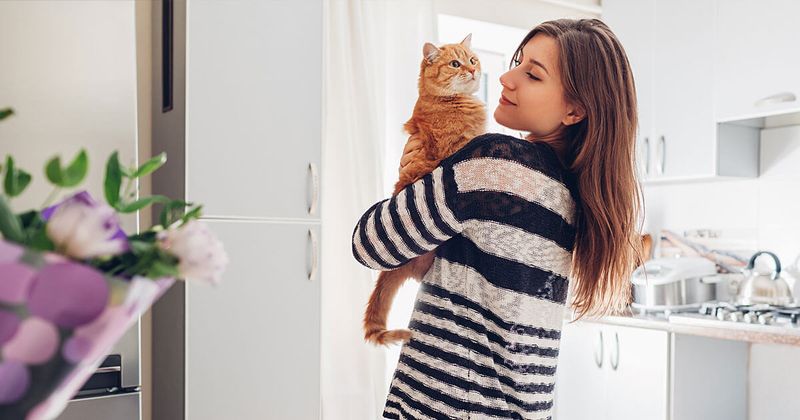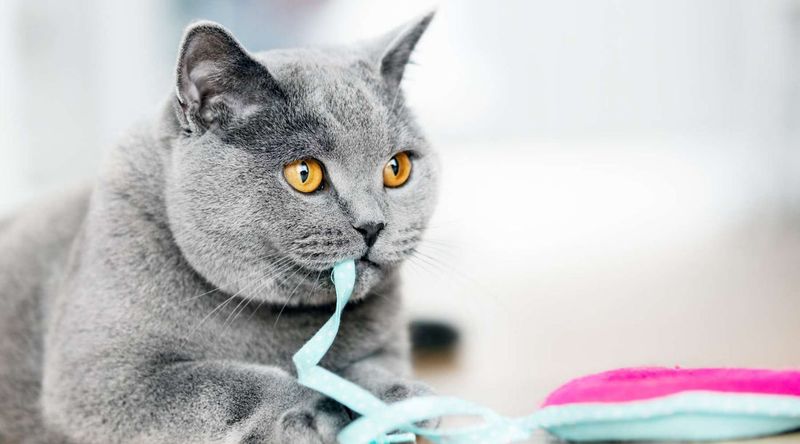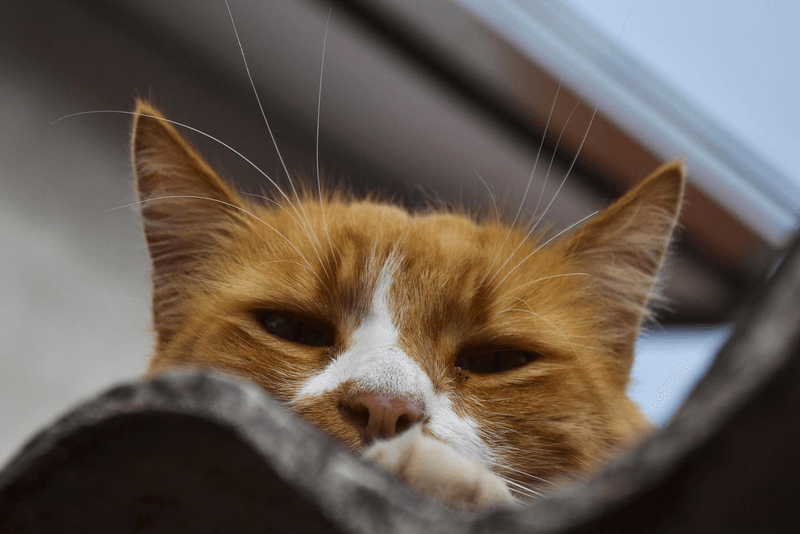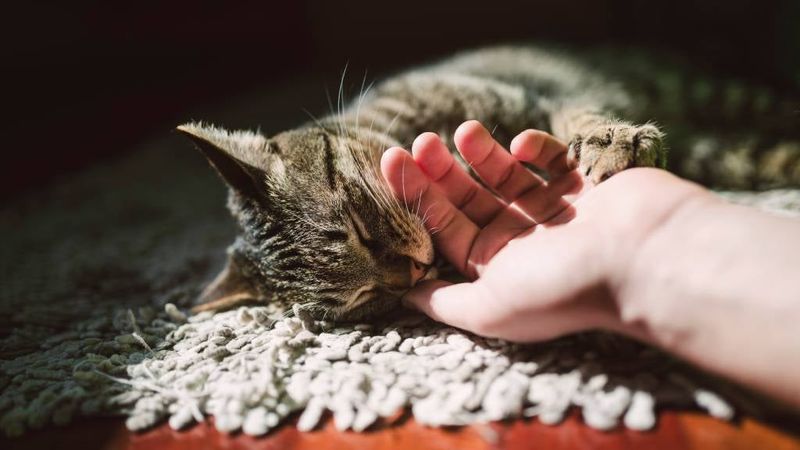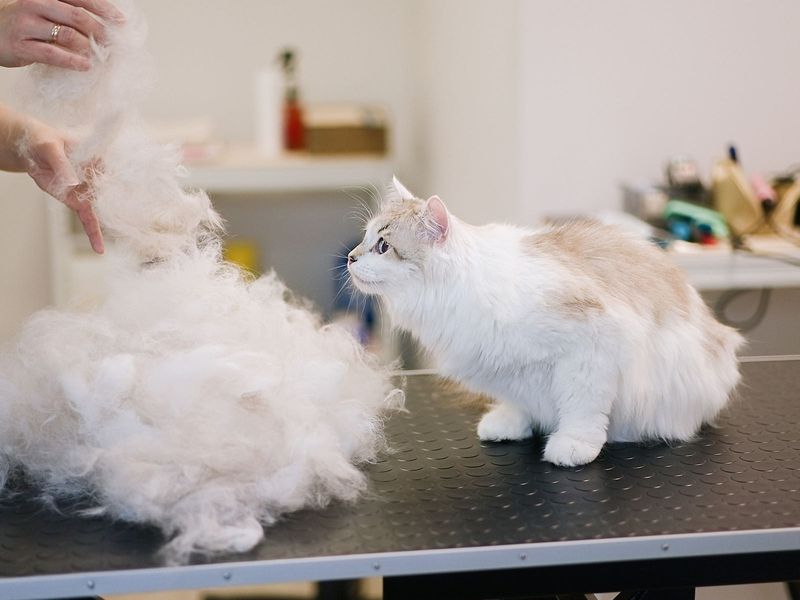📖 Table of Content:
Cats are often misunderstood creatures, and their behavior can seem mysterious or aloof to the untrained eye. Unlike dogs, who often wear their emotions on their sleeves, cats operate on subtler social cues, often expecting humans to meet them halfway. Understanding the things that cats find unpleasant—or downright maddening—can go a long way toward deepening your relationship with your feline companion.
While some human behaviors might seem perfectly normal or even loving to us, they may come across as invasive or upsetting to a cat. Loud environments, unpredictable routines, and forced interactions can create stress or even resentment in an otherwise peaceful pet. Being mindful of these behaviors isn’t about tiptoeing around your cat but rather about meeting their needs in a way that builds trust and comfort.
On the flip side, cats form deep bonds when humans engage with them in ways they enjoy. Through consistency, respect, and gentle care, it’s possible to cultivate a loving, trusting connection that allows your cat to thrive. Once you become fluent in “cat language,” you’ll discover how rewarding and affectionate they can truly be. Let’s dive into the habits that frustrate cats the most—and the ones that make them adore you.
1. Loud Noises
Sudden bursts of noise can send a cat fleeing under the bed in a heartbeat. From blaring TVs to clanging pots, your home might feel like a war zone to their sensitive ears. Even vacuuming, a chore most humans find routine, can be terrifying to a cat. Over time, this kind of auditory stress may lead to chronic anxiety or withdrawal. Some cats will even become aggressive if exposed to noise too frequently. Reducing volume levels or creating quiet zones can greatly reduce feline stress. Investing in their auditory peace will foster a calmer home for both of you.
2. Inconsistent Routine
Changing your schedule might be no big deal to you, but for a cat, it’s a disruption of their whole world. Mealtimes, playtimes, and even your daily presence create a comforting rhythm they depend on. When these patterns suddenly shift, it can cause confusion or mistrust. Your cat might vocalize more, act clingy, or become distant as a reaction. For some, a lack of routine might even lead to digestive issues or behavioral problems. Maintaining a steady daily routine provides a vital sense of security. Predictability is one of the greatest gifts you can offer your feline friend.
3. Forced Affection
Grabbing, hugging, or picking up your cat without invitation can feel threatening rather than affectionate. Many humans mistake tolerance for enjoyment, missing the signs that their cat wants to be left alone. Cats prefer to initiate touch when they feel comfortable, not on a human’s schedule. Being manhandled can damage their trust, even if your intentions are pure. They may begin to avoid you or show signs of stress like tail flicks or flattened ears. Respecting their autonomy fosters real closeness. Love on their terms is the fastest route to lasting affection.
4. Strong Scents
Perfumes, air fresheners, and cleaning chemicals might seem harmless to us, but they can be overwhelming to a cat’s sensitive nose. Their sense of smell is finely tuned for hunting and social interaction, and powerful odors can distort their sensory landscape. Many cats even avoid people or rooms that smell strongly of citrus or synthetic fragrances. This avoidance can affect bonding and overall comfort in the home. Be especially cautious with essential oils—some are toxic to cats. Opting for unscented products or cat-safe alternatives shows you care about their wellbeing. Less scent means more snuggles.
5. Ignoring Their Signals
Cats speak volumes through their body language, and not paying attention to it can lead to confusion or even injury. When a cat swats, hisses, or suddenly bolts away, they’re expressing clear boundaries. Continuing to engage with them despite these cues teaches them that you’re not listening. Over time, this may erode their trust and lead to defensive behaviors. Recognizing early signs like dilated pupils, twitching tails, or pinned-back ears is crucial. A cat that feels understood is more likely to stay affectionate and relaxed. Listening without words builds a powerful bond.
6. Dirty Litter Box
Nothing says “I don’t care” like a soiled, unkempt litter box from a cat’s perspective. Cleanliness is not just a preference but a necessity for your feline roommate. A dirty box can deter even the most well-trained cat, leading to inappropriate elimination elsewhere in the home. Cats have an acute sense of smell and are highly sensitive to the condition of their environment. Some will even hold it in for long periods, which can lead to urinary issues or infections. Scooping daily and deep-cleaning weekly keeps your cat healthy and happy. A fresh litter box is like a love letter in cat language.
1. Gentle, Predictable Interactions
Soft voices and slow movements signal safety and kindness to a cat. These behaviors allow them to observe and trust you at their own pace. Rushing in with noise or excitement can break that sense of security in an instant. Letting them come to you shows respect and builds confidence. Once a cat feels safe, they’ll approach more frequently and stay longer. Even just sitting calmly nearby can create a shared moment of comfort. Consistency in your demeanor encourages mutual affection and understanding.
2. Routine & Stability
Cats flourish in homes where the days follow a reliable flow. A predictable feeding schedule, playtime, and bedtime give them something to depend on. This reliability reduces stress and makes them feel in control of their space. It’s not just about food—it’s about emotional security. When your actions follow a routine, your cat sees you as a stable presence. Over time, they’ll respond with greater trust, seeking you out more often. Harmony in routine becomes harmony in your relationship.
3. Interactive Play
Play isn’t just fun for your cat—it’s vital to their health and happiness. Wand toys, laser pointers, or feather teasers allow them to express natural hunting behaviors. These sessions help them burn energy, relieve stress, and bond with you as their playmate. Skipping daily play can lead to boredom and destructive habits. Just 10 to 15 minutes a day makes a noticeable difference in behavior. It also helps shy or anxious cats come out of their shell. Engaging in play shows that you understand and care about their instincts.
4. Respecting Boundaries
A cat’s trust is earned, not assumed—and respecting their personal space is key. Letting them dictate when and how affection happens builds confidence. If they walk away, don’t chase them; if they hide, let them rest. Giving space may actually invite closeness later on. Cats often return to those who give them room to breathe. Over time, they’ll associate your presence with comfort and safety. Respect becomes the foundation of love in your cat’s world.
5. Treats & Positive Reinforcement
Rewarding your cat with a tasty morsel after a successful interaction can cement positive feelings. Whether it’s after nail trimming, vet visits, or just for fun, treats create joyful associations. This works especially well for building trust with shy or newly adopted cats. Use healthy, species-appropriate treats in moderation. Pairing praise with the treat adds an extra layer of bonding. Eventually, your cat may come running when they hear the treat bag. Thoughtful rewards make you the highlight of their day.
6. Grooming & Care
Brushing your cat is more than just fur maintenance—it’s a bonding ritual. Especially for long-haired breeds, regular grooming prevents matting and discomfort. The act mimics the social grooming behaviors cats use with one another. When done gently, it relaxes them and builds emotional intimacy. Start slow and respect areas they dislike being touched. Over time, many cats will even begin to purr or lean in during grooming. Showing care through touch creates a deep emotional connection.
